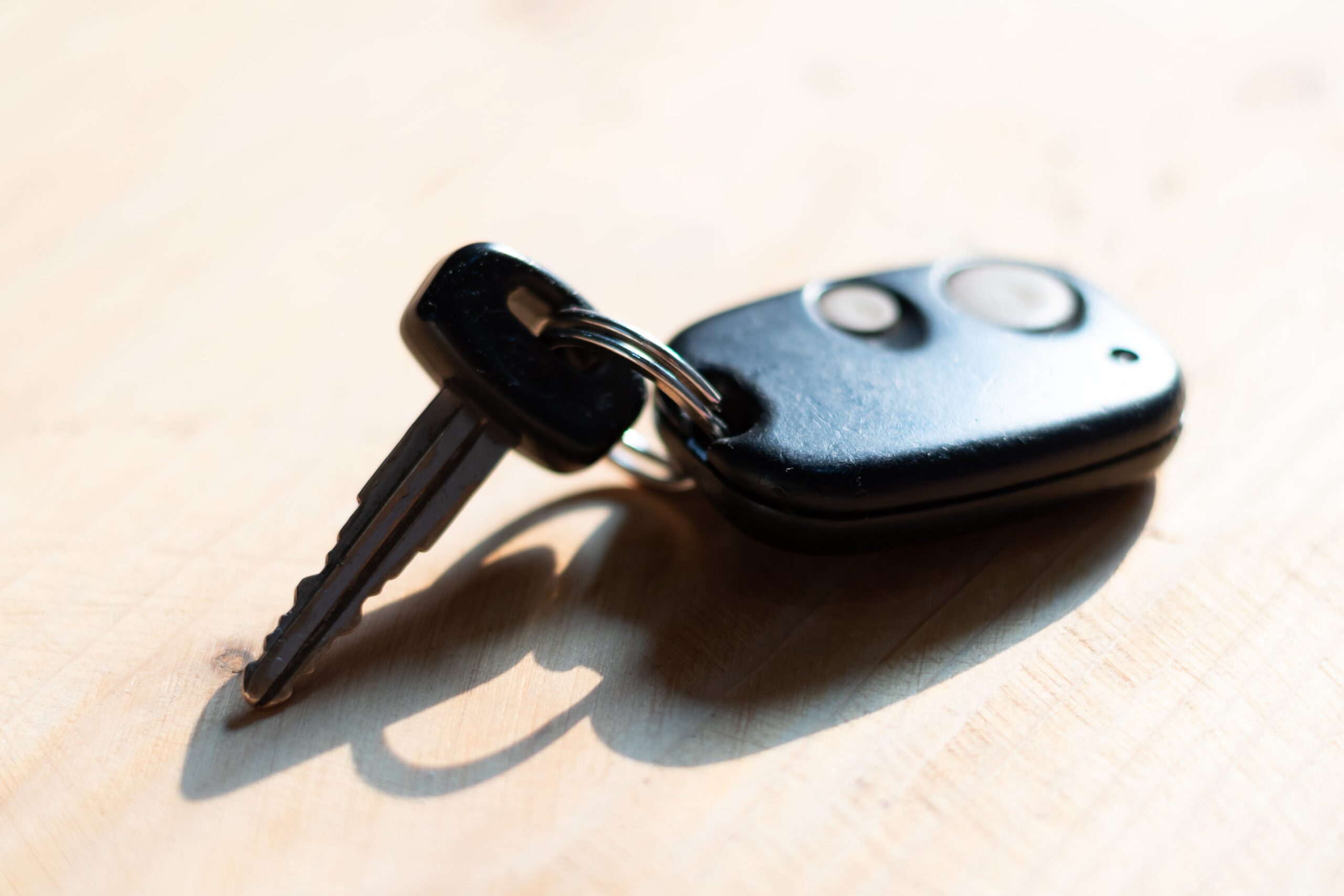20 Up-And-Comers To Follow In The Who Fixes Car Ignitions Industry
Who Fixes Car Ignitions? Understanding the Role of Technicians in Automotive Repair
Car ignitions are pivotal in beginning a vehicle's engine, ensuring that the ignition of air-fuel mixtures occurs at the best time. However, like any detailed system within a vehicle, ignitions can malfunction for various reasons. When they do, it's important to comprehend who is certified to fix these systems and how they can help. This short article delves into the roles of different professionals in the automobile repair market and supplies insights into what car owners need to understand about car ignitions.
The Importance of the Ignition System
The ignition system in a car is accountable for igniting the engine's fuel-air mix. An effectively working ignition system guarantees smooth engine efficiency, fuel performance, and dependability. If there are issues, car owners might experience:
- Difficulty starting the lorry
- Engine misfires
- Reduced fuel effectiveness
- Irregular engine efficiency
When challenged with ignition problems, car owners generally see the following specialists for assistance:
Professional Type
Duties
Competence
Automotive Technicians
Diagnose and repair ignition-related concerns
General automobile repair training
Ignition Specialists
Focus solely on ignition system repairs
Extensive knowledge of ignition systems
Mechanics
Perform basic automobile upkeep and repairs
Comprehensive vehicle mechanics training
Mobile Mechanics
Offer on-site ignition repair services
Versatile training; may focus on particular areas
Dealership Technicians
Work on specific brands and models, often with customized devices
Brand-specific training and accreditations
Electronics Technicians
Address electrical issues within the ignition system
Specialized in electrical and electronic systems
Who Should You Trust with Your Ignition Repairs?
When it concerns fixing an ignition system, numerous experts might be suitable. Here's who you can turn to:
Automotive Technicians: Generally, these people can fix and fix most vehicle issues, including ignition concerns. They operate in repair shops and frequently hold accreditations from recognized programs.
Ignition Specialists: Some specialists might specialize solely in ignition systems. Their know-how frequently causes quicker medical diagnoses and repairs based upon much deeper understanding of these complex systems.
Mechanics: A mechanic can likewise identify ignition issues as part of a broader evaluation of the lorry. They normally deal with routine maintenance and can attend to a wide variety of lorry problems.
Mobile Mechanics: For those who choose benefit, mobile mechanics are available to perform repairs on-site, which suggests that they can resolve ignition problems without requiring the lorry to be transferred to a shop.
Dealer Technicians: Authorized dealerships have technicians trained specifically on their models. They normally have access to customized equipment and parts, making them a dependable choice for brand-related ignition issues.
Electronics Technicians: Since modern-day ignition systems are typically connected to a lorry's electrical and electronic systems, electronic devices technicians can be vital, specifically when diagnosing issues related to control modules or sensing units.
Typical Ignition Problems and Diagnosis
Understanding common ignition-related problems can help car owners communicate efficiently with specialists and make notified choices. Some of these issues include:
Faulty Ignition Coils: These convert battery voltage into the high voltage required to ignite fuel. Signs often include engine misfires or difficult starts.
Bad Spark Plugs: Worn-out or defective spark plugs can cause ignition issues, resulting in difficulty beginning the engine and poor performance.
Ignition Switch Problems: If the ignition switch stops working, the car may not start. This issue can be shown by electrical devices malfunctioning when the key is turned.
Used Timing Components: Issues with the timing belt or chain can cause ignition timing problems, affecting engine performance.
Faulty Sensors: Modern vehicles utilize numerous sensors (e.g., crankshaft position sensing units) that are important for the ignition system. Malfunctioning sensors can lead to starting problems.
Actions Car Owners Should Take
If a car owner faces ignition issues, here's an advised course of action:
Identify Symptoms: Take note of any particular signs, such as strange noises while beginning, control panel warning lights, or irregular engine behavior.
Seek Professional Help: Consult a vehicle specialist or mechanic. Describing the symptoms can help them identify the issue.
Verify Credentials: Ensure that the selected expert is accredited and experienced with your kind of car. Check for evaluations or reviews if possible.
Ask Questions: Inquire about the medical diagnosis, essential repairs, and expenses included. A trustworthy professional needs to be open and transparent about their procedure.
Carry Out Regular Maintenance: To prevent ignition concerns in the future, follow the maker's recommended maintenance schedule, including routine examinations of the ignition system.
Frequently Asked Questions about Car Ignition Repairs
**Q1: How frequently must I have my ignition system checked?A: It's advisable to carry out regular checks during regular car maintenance, usually every 15,000 to 30,000 miles, or as recommended by your lorry manufacturer. Q2: What are the signs of an ignition
problem?A: Common indications include trouble beginning the automobile, engine misfires, decreased fuel efficiency, and electrical problems connected to the ignition switch. Q3: Can I fix ignition issues myself?A: While some small issues( like changing stimulate plugs)can be managed by DIY lovers, a lot of ignition concerns need customized tools and abilities. Q4: How much does it cost to fix a car ignition problem?A: Costs can differ commonly based on the issue and lorry type, generally varying from ₤
100 for small repairs to over ₤ 1,000 for complicated ignition system
replacements. Q5: Can I still drive my car if the ignition is faulty?A: It is not suggested. g28carkeys.co.uk with a defective ignition can lead to more damage and increase the risk of total failure.
Understanding who fixes car ignitions supplies clearness for car owners confronted with starting problems. Reach out to the right experts based upon the intricacy of the concern at hand.
By staying informed about the ignition system and recognizing that timely intervention can prevent greater issues, car owners can ensure their automobiles remain trustworthy and safe on the road.  ******
******